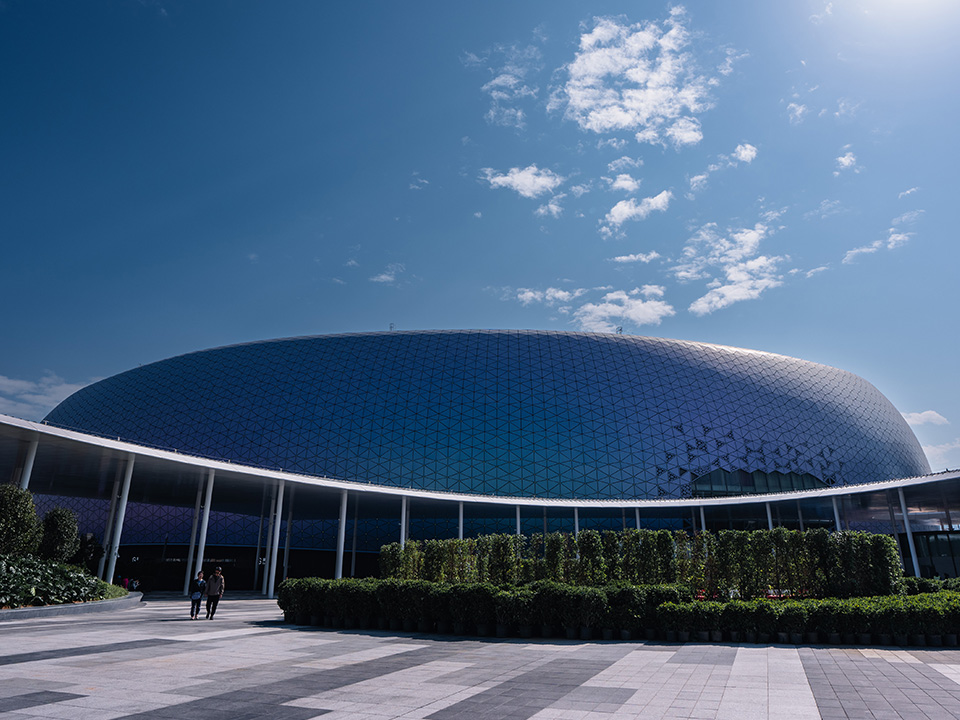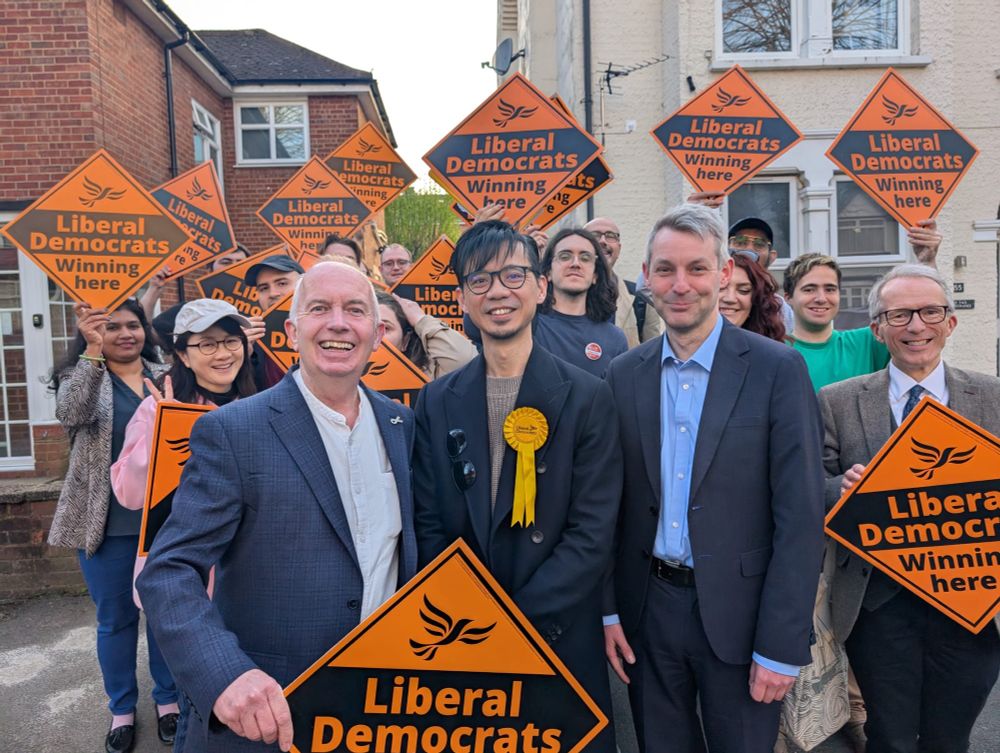After years of planning and construction, Hong Kong’s highly anticipated Kai Tak Sports Park has officially opened. The project, which cost a staggering £3 billion, is the city’s most ambitious sports infrastructure development to date. Government officials hope that the state-of-the-art complex will put Hong Kong back on the global map as a world-class venue for international events.
However, with ongoing geopolitical tensions, emigration trends, and shifting global dynamics, the question remains: Can Hong Kong reclaim its status as a global city?
A £3 Billion Investment – Will It Pay Off?
The Kai Tak Sports Park features a 50,000-seat Main Stadium with a retractable roof, an Indoor Sports Centre, and a Public Sports Ground, all designed to host major international sporting events, concerts, and exhibitions.
Government officials argue that this £3 billion investment is necessary to attract global events, boost tourism, and create economic opportunities. The complex is expected to host major events like the Asian Games and World Cup qualifiers.
However, many local Hongkongers have mixed feelings. Some believe the government is trying to create a distractionfrom deeper economic and political issues. Others question whether such a massive investment in sports infrastructure is justified, especially when housing prices remain high, the economy is slowing, and many professionals are leaving the city.
“They build a stadium, but people are still struggling with high rents and job insecurity,” said Mr. Chan, a local resident. “Will this really help the average Hongkonger?”
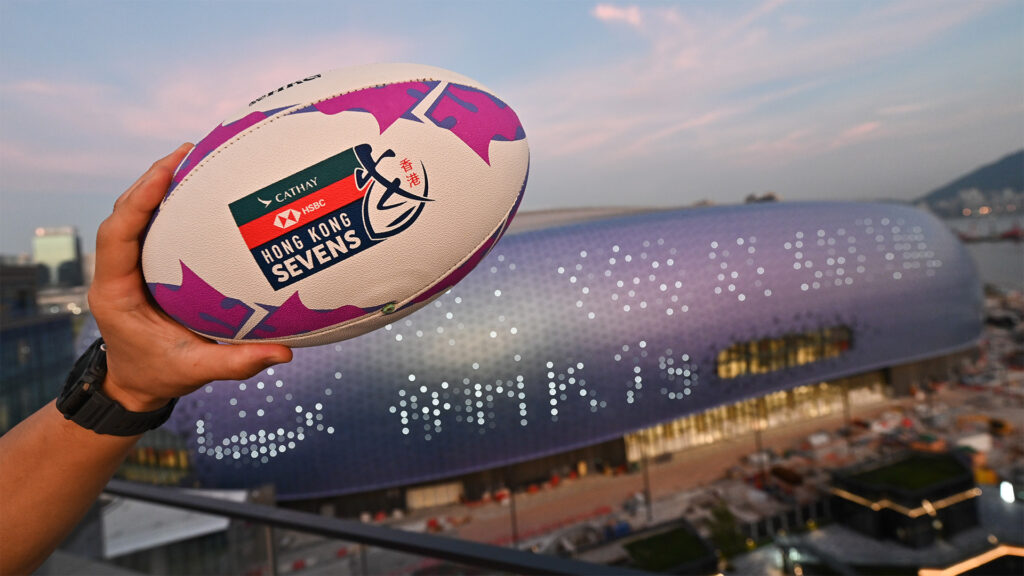
International Perception: How Do Other Countries View Hong Kong?
Since 2019, Hong Kong’s global reputation has changed significantly. While Beijing continues to promote Hong Kong as an essential part of China’s economic and trade strategy, many Western democracies remain cautious about its political and legal environment.
• The United States, United Kingdom, and European Union have expressed concerns over Hong Kong’s loss of freedoms.
• Asian financial hubs like Singapore have benefited from companies and professionals relocating from Hong Kong.
• China insists that Hong Kong remains an international hub, but recent changes in governance have made foreign investors hesitant.
For Hong Kongers who still believe in their city, there is a growing sense of frustration. Many feel that international trust needs to be rebuilt before Hong Kong can truly regain its global status.
“It’s not just about having a stadium or hosting events. We need real confidence from the world,” said Ms. Wong, a marketing executive.
The Emigration Wave – Can Hong Kong Sustain Its International Role?
A key challenge to Hong Kong’s recovery is the mass emigration of skilled professionals. Since 2020, hundreds of thousands of residents have left for the UK, Canada, and Australia, impacting industries such as finance, technology, and sports management.
Many Hongkongers in the UK look back at developments like Kai Tak Sports Park with mixed emotions. While they still care about their hometown, they see a city that is changing rapidly, sometimes in ways they no longer recognise.
“It’s strange watching all this from abroad. I love Hong Kong, but I don’t know if I could ever go back,” said Mr. Lee, a former financial analyst now living in London.
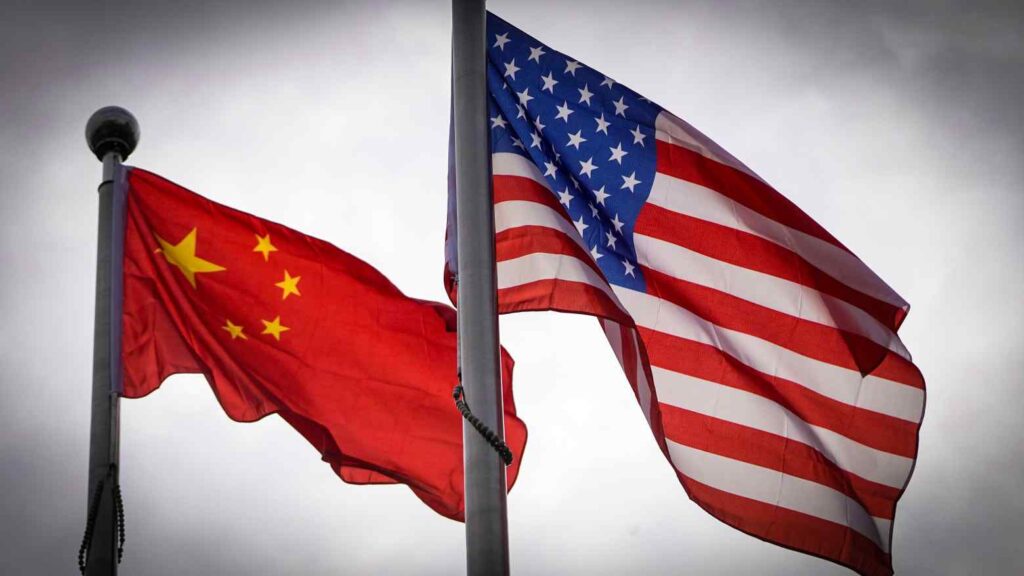
U.S.-China Relations and Hong Kong’s Position in Global Politics
Hong Kong has always been at the crossroads of U.S.-China tensions. As geopolitical rivalry intensifies, Hong Kong finds itself caught between:
• U.S. trade restrictions and sanctions, which now treat Hong Kong more like mainland China.
• Western companies shifting operations away from Hong Kong, preferring Singapore and other markets.
• China increasing its control over Hong Kong, integrating it further into the Greater Bay Area initiative.
For Hong Kong to regain its global status, it must carefully navigate these geopolitical challenges while maintaining its economic ties with both China and the West.
Freedom and Democracy – A Factor in Hong Kong’s Future?
One of the most controversial aspects of Hong Kong’s transformation is its changing political landscape. The National Security Law has significantly affected media freedom, judicial independence, and civil liberties—all of which were once key factors in making Hong Kong a global city.
Many international observers believe that restoring elements of Hong Kong’s former openness is crucial for attracting global businesses, investment, and events. However, under its current governance model, Hong Kong may struggle to convince the world that it remains an open and international city.
Some Hongkongers remain optimistic, believing the city will adapt and find a new path forward. Others, however, are deeply sceptical.
“We used to be proud of being different from the rest of China. Now, we’re not sure what we are anymore,” said Mr. Tam, a teacher.
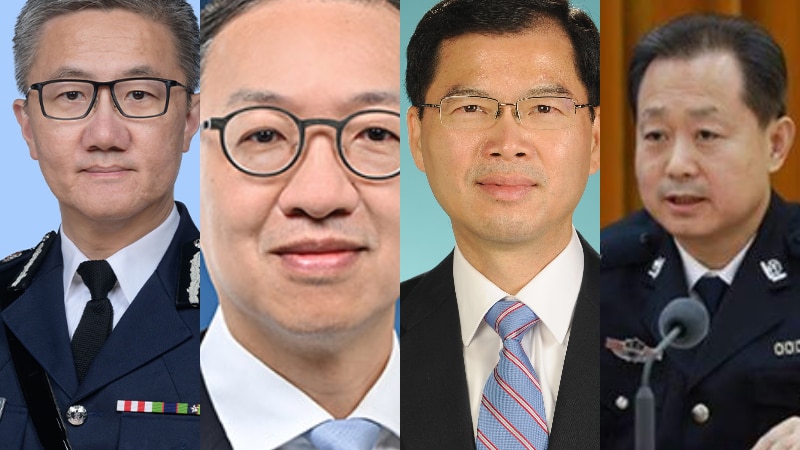
Conclusion: A Costly Investment, But Is It Enough?
The £3 billion Kai Tak Sports Park is a bold statement of Hong Kong’s ambitions, but it does not address the deeper issues affecting the city’s international standing.
To regain its global status, Hong Kong must tackle economic competitiveness, geopolitical tensions, and concerns over political freedoms—because a stadium alone cannot bring back what the city has lost.

